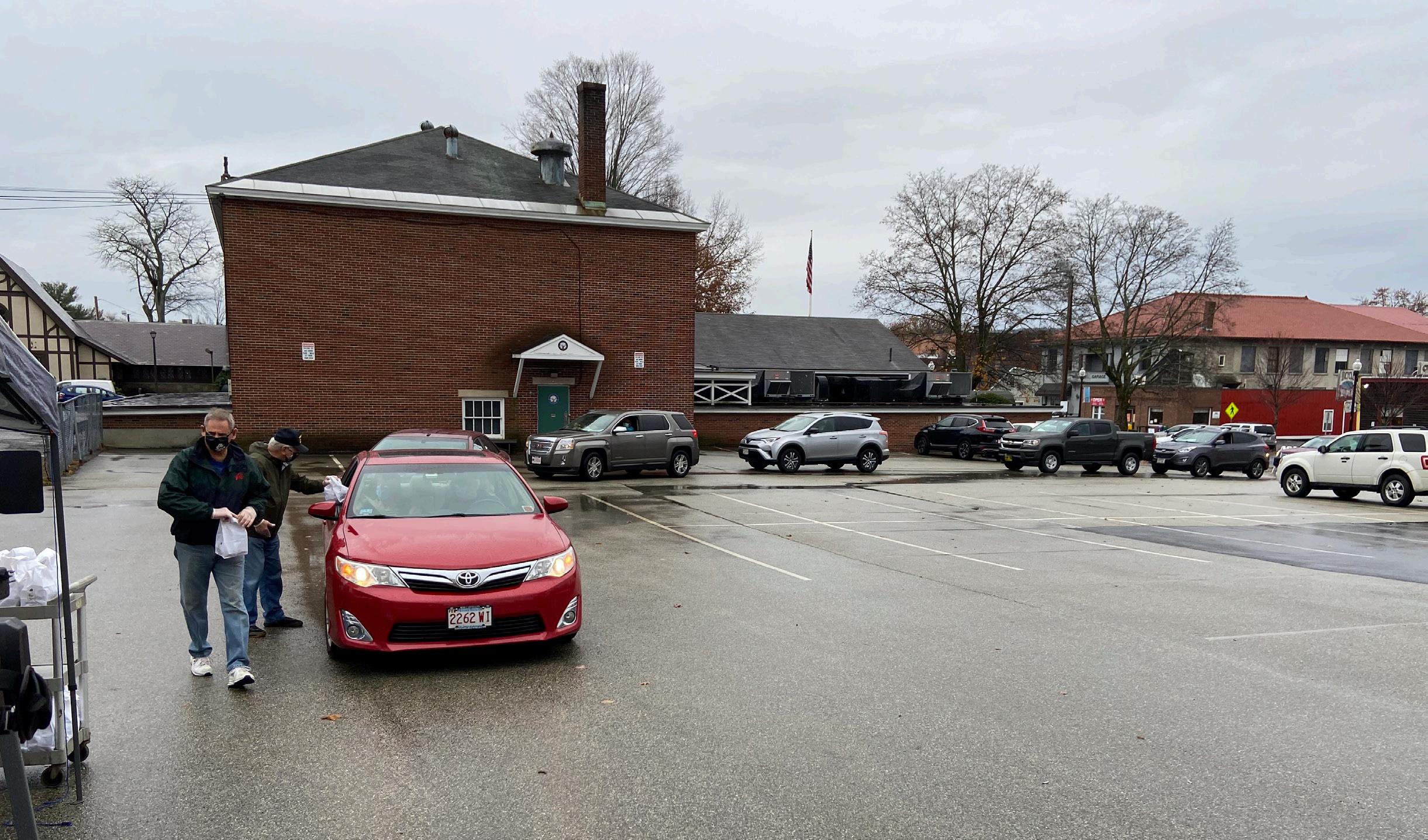Declaration of Climate Emergency The Rt. Rev. Douglas J. Fisher Bishop Diocesan, Diocese of Western Massachusetts The Rt. Rev. Alan M. Gates Bishop Diocesan, Diocese of Massachusetts The Rt. Rev. Gayle E. Harris Bishop Suffragan, Diocese of Massachusetts
W
e, the bishops of the Episcopal dioceses in Massachusetts, declare a climate emergency. We honor the call of our church’s presiding bishop, the Most Rev. Michael B. Curry, to care for God’s beloved world. We recognize that accelerating global warming and mass extinctions are destroying God’s creation, threatening to make our planet uninhabitable. We likewise recognize that the climate crisis affects low-income communities and communities of color first and hardest. We confess that we, and our churches, have not yet responded with adequate seriousness or urgency to the ongoing, intensifying effects of climate change, and to its underlying causes. According to Scripture, God created the physical world and all its creatures as inherently “good” (Genesis 1). The very first task that God entrusted to human beings was responsibility to care for the earth (Genesis 2:15). As Christians, we honor the goodness and sacredness of the created world, recognizing that the earth does not belong to us, but to God (Psalm 24:1). The scope of God’s love embraces not only humanity but also the rest of creation (Genesis 9:8-17), and we recognize that Jesus gave his life for the whole world, so that all things could be reconciled (Colossians 1:15-20; Ephesians 1:10; 6
|
ABU NDANT TIMES
2 Corinthians 2:19). As Archbishop Desmond Tutu has said, the “supreme work” of Jesus Christ is to reconcile us to God, each other, and all of God’s creation.
Creation, a commitment to practice loving formation, liberating advocacy, and life-giving conversation as individuals, congregations, ministries, and dioceses.
As a member of the worldwide Anglican Communion, The Episcopal Church upholds the Five Marks of Mission as our understanding of God’s mission. The fifth mark establishes as an essential dimension of Christian mission and ethics the commitment “to strive to safeguard the integrity of creation, and [to] sustain and renew the life of the earth.” Because caring for God’s creation is central to our moral and spiritual concern, General Convention, the church’s triennial legislative governing body, has adopted scores of resolutions addressing the environment, environmental justice, and climate change. At the 79th General Convention in 2018, 19 resolutions that relate to care for God’s creation were adopted. One of them (2018-A018) adopted The House of Bishops’ 2011 Pastoral Teaching on the Environment as an official position of our church, a document that urges every Episcopalian “to acknowledge the urgency of the planetary crisis in which we find ourselves.” In 2019, the Anglican Consultative Council recognized a global climate emergency, and the General Synod of the Church of England recognized a climate emergency in 2020.
We strongly urge congregations across Massachusetts to pray, learn, act, and advocate as we build a bold and faith-filled response to the greatest moral challenge of our time. We urge members of our two dioceses to explore the resources of both dioceses, including the Creation Care Justice Network in the Diocese of Massachusetts, and in Western Massachusetts, resources in all four areas of engagement. Sign up for the monthly Creation Care Network enewsletter produced by the Rev. Dr. Margaret Bullitt-Jonas, who is assisting both dioceses in developing a robust response to the climate emergency, and for monthly e-mail updates from the Creation Care Justice Network in the Diocese of Massachusetts.
Other denominations are also responding. Pope Francis declared a climate emergency in 2019. The Ecumenical Patriarch Bartholomew I has spoken repeatedly about the ecological crisis. The Methodist Conference (UK) recognized a climate emergency in 2019. Standing with our siblings in Christ, including St. Paul, we hear the groaning of creation as it waits with eager longing for the revealing of the children of God (Romans 8:19-23). We believe that God is calling us all to embrace brave and difficult change. Everything we do as faithful individuals and as a church must reckon with the unprecedented emergency in which humanity now finds itself. We therefore encourage all Episcopalians to explore The Episcopal Church’s Covenant for the Care of
Reflecting the four areas of engagement, we urge members of our two dioceses to:
Pray • We ask all preachers in our dioceses, lay and ordained, to take up the mantle of moral leadership and preach regularly about our moral obligation to protect God’s creation. • We encourage use of the Liturgical Materials for Honoring God in Creation, from our church’s Standing Commission on Liturgy and Music. Our worship services should regularly include prayers that lift up the urgent needs of God’s creation (e.g., to keep fossil fuels in the ground; to protect and restore forests), and prayers for our own transformation (e.g., repentance for the role humans have played in creating, denying, and accelerating the emergency). • We encourage observance of the Season of Creation (Sept. 1 to Oct. 4) as a time for renewing, repairing, and restoring our relationship to God, one another, and all of creation. • We encourage outdoor services (which might be ecumenical or interfaith) that express reverence for God’s creation, lament and















